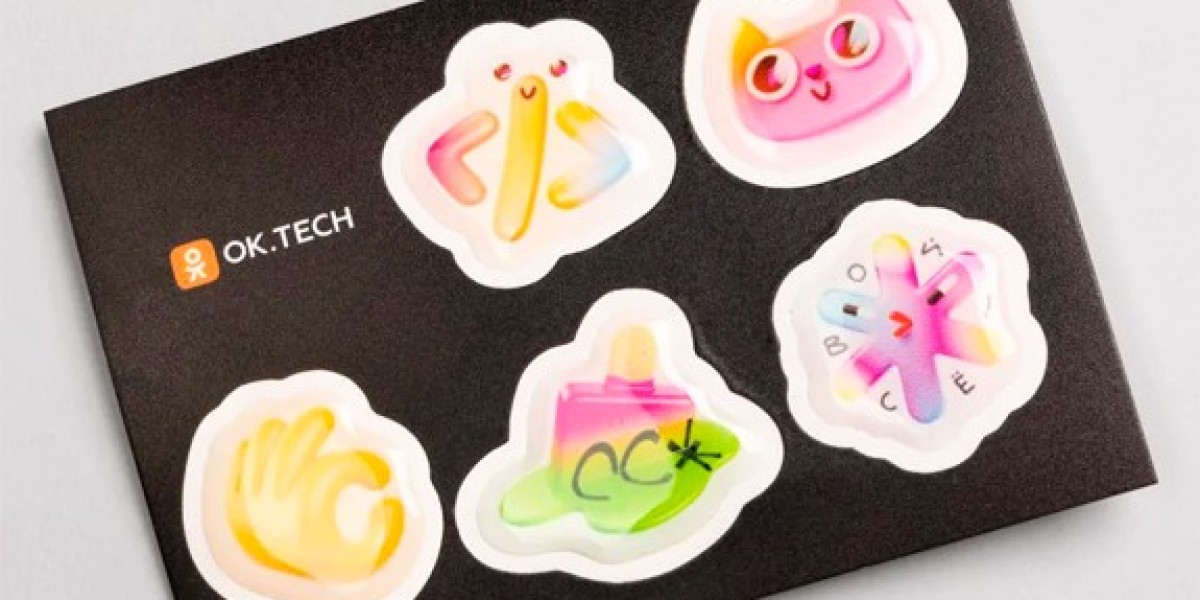Selecting a Supported Independent Living (SIL) provider in Melbourne can be one of the most important decisions you make when transitioning into supported housing. The right provider can mean safety, independence, and quality of life. The wrong one can lead to frustration, neglect, or even risk to health and wellbeing.
So, how do you find the right fit? Here's everything you need to know in 2025 about choosing the best Supported independent living Melbourne — and the red flags to avoid.
? What Is a SIL Provider?
A SIL provider delivers support services to people living with disability who need help with everyday tasks such as personal care, cooking, cleaning, taking medication, and more. These providers offer trained staff in homes where NDIS participants either live together or on their own.
A provider may:
Help you find or transition into a suitable home
Deliver 24/7 or rostered care
Assist with goal-setting and community participation
Manage medication, mobility, and behaviour support
✅ What to Look For in a Good SIL Provider
1. NDIS Registration & Compliance
Make sure the provider is:
Registered with the NDIS Quality and Safeguards Commission
Up to date with audit requirements
Transparent about their policies and complaints process
2. Qualified, Consistent & Compassionate Staff
Your wellbeing depends on the support team. Look for:
Staff with disability support training, first aid, and medication management
Low turnover (frequent staff changes = less consistency)
Experience with your specific needs (e.g. high-intensity support, autism, ABI)
➡️ Ask: “How are staff trained, and how often do they rotate?”
➡️ Tip: Meet the staff beforehand, if possible.
3. Participant Choice & Control
A good SIL provider should:
Involve you in choosing your routines, meals, and activities
Respect your preferences in staff, communication, and cultural needs
Be willing to adjust support plans over time
➡️ Ask: “Can I help decide who supports me and when?”
➡️ Look for: Providers who practice person-centred support.
4. Safe, Accessible Housing
Check that homes are:
Physically accessible (ramps, wide doors, ceiling hoists if needed)
Clean, well-maintained, and comfortable
Located near transport, community centres, or medical facilities
➡️ Ask: “Can I tour the home and see a floor plan?”
➡️ Tip: Do a trial stay if offered.
5. Transparent Roster & Service Agreement
You should know:
Exactly how many hours of support you’ll receive per day
What’s covered under your NDIS funding
Who you can contact in emergencies
➡️ Ask: “Can you show me a sample roster of care and breakdown of services?”
6. Positive Culture & Compatibility
Your provider should match you with housemates who:
Share similar lifestyle, routines, and personalities
Have compatible support needs and behaviours
➡️ Ask: “How do you match residents and resolve conflict?”
➡️ Look for: Compatibility assessments and mediation options.
7. Family & Advocate Involvement
Trusted providers involve your loved ones (with consent) and keep communication open. They should:
Welcome family input
Provide regular updates
Include you in review meetings
➡️ Ask: “How often do you involve families or support coordinators in planning?”
8. Respect for Cultural & Individual Identity
Whether you're from a culturally diverse background, LGBTQIA+, neurodivergent, or have specific dietary or religious needs, your provider should:
Respect and support your identity
Offer inclusive environments
➡️ Ask: “How do you support participants from diverse backgrounds?”
? Red Flags to Watch Out For
No transparency around service hours or staffing
Pressure to sign quickly without clear info
Poor communication or unanswered questions
Complaints from other participants (check reviews or forums)
Staff not trained in your condition or needs
Rotating support workers with no consistency
Dirty, unsafe, or overcrowded properties
?️ Melbourne-Based SIL Providers to Explore
Here are some well-known SIL providers in Melbourne (always do your own checks):
Scope Australia
Jonquilla Care
SeenCare
Ability Assist
SEWA Victoria
Pacific Community Care
Enabling Communities
Each offers different models (shared homes, individual SIL, cultural-specific supports), so explore what fits best.
? Real Participant Insight
“What made the difference for me wasn’t the house — it was the support team. They listened. They gave me space when I needed it and were there when I didn’t feel okay. That’s what good SIL feels like.”
— Marcus, 26, SIL resident in the Western Suburbs
Final Tips: Choosing Your SIL Provider in Melbourne
✅ Visit the homes in person
✅ Meet the team, not just the manager
✅ Ask for participant feedback or references
✅ Review the service agreement carefully
✅ Trust your gut — you have a right to feel safe and resp







